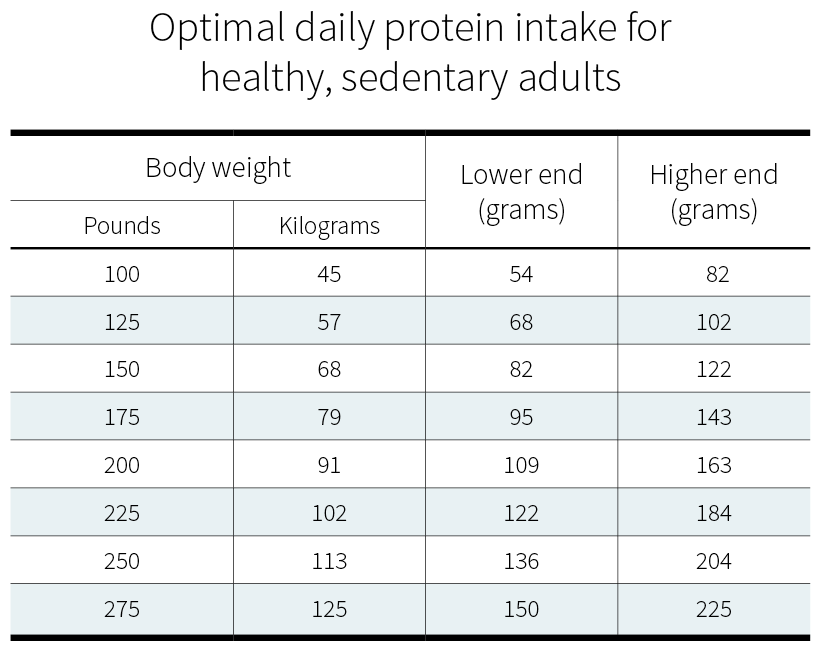The Impact of Nutrition on Mental Health and Wellness

When it comes to maintaining good health, it’s easy to focus solely on the physical aspects of well-being. However, it’s important to remember that our mental health is just as vital as our physical health. Our physical health and mental health are closely interconnected, and one cannot be neglected without affecting the other. One crucial factor that plays a significant role in both our physical and mental health is our diet.
At its most basic level, a balanced and healthy diet can provide our bodies with the necessary nutrients to function properly. However, nutrition can also have a profound impact on our mental health and overall well-being. In this article, we’ll explore how nutrition can affect mental health and provide tips on maintaining a healthy and balanced diet for optimal wellness.
The Link Between Nutrition and Mental Health
The importance of nutrition for our physical health is well established, but recent research has also shown the significant impact of nutrition on our mental health. For instance, studies have found that diets high in processed and refined foods can lead to an increased risk of depression and anxiety. In contrast, diets high in fruits, vegetables, whole grains, and lean proteins have been linked to a lower risk of these mental health disorders.
One theory for this link is that unhealthy diets can lead to inflammation in the brain, which can disrupt neurotransmitter function and lead to mood disorders. Additionally, a lack of nutrients such as omega-3 fatty acids and B vitamins, which are found in many healthy foods, can also contribute to poor mental health.
Tips on Maintaining a Healthy Nutrition Diet
The good news is that maintaining a healthy and balanced diet can help promote good mental health and overall wellness.
Here are some tips on how to maintain a balance nutrition diet:
1. Eat a Variety of Fruits and Vegetables
Fruits and vegetables are packed with essential vitamins and minerals that are vital for good health. Aim for at least five servings of fruits and vegetables a day to help maintain a balanced and nutritious diet.
2. Choose whole grains.
Whole grains are a fantastic source of fiber and other necessary nutrients, such as brown rice, quinoa, and whole wheat bread. They also help keep you feeling full and satisfied for longer, which can help with weight management.
3. Include Lean Proteins
Lean proteins, such as chicken, fish, and legumes, are an important part of a healthy diet. They help build and repair tissues and also provide essential amino acids that the body needs to function properly.
4. Avoid Processed and Refined foods
Processed and refined foods, such as sugary snacks, white bread, and soda, are high in calories and low in nutrients. They can also contribute to inflammation in the body, which can negatively impact mental health.
5. Stay Hydrated
Drinking enough water is essential for good health, and it can also help with weight management and mental clarity. Aim for at least eight glasses of water a day and limit sugary drinks and alcohol.
Incorporating these tips into your daily routine can help you maintain a balanced and nutrition diet that can promote good mental health and overall wellness. However, it’s important to remember that good nutrition is just one aspect of a healthy lifestyle. Regular exercise, stress management, and getting enough sleep are also crucial for optimal well-being.
Maintaining good mental health is a vital part of overall wellness, and nutrition plays a crucial role in promoting mental health. Eating a balanced and nutritious diet can help reduce the risk of mental health disorders and improve overall well-being. By incorporating a variety of fruits and vegetables, whole grains, lean proteins, and staying hydrated, you can help support good mental health and promote optimal wellness.



